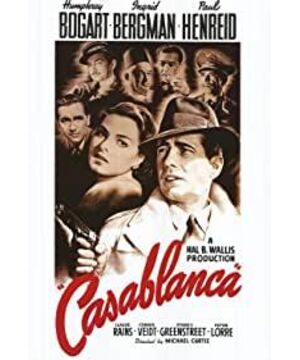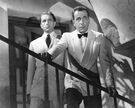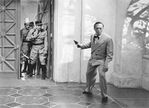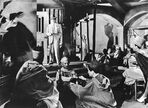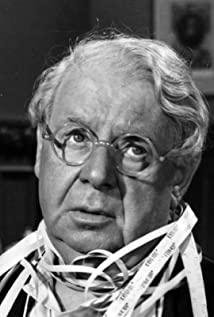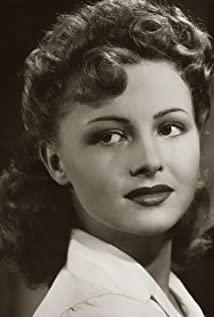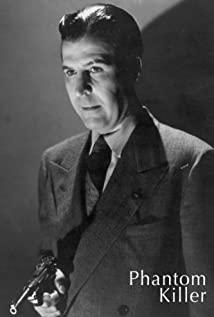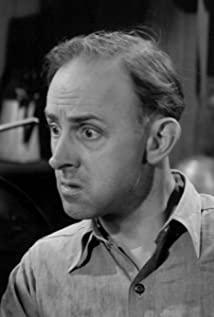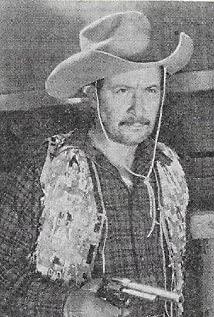The first "non-short review" since more than 700 movies and TV shows is dedicated to "Casablanca", because the ambiguity in my heart has been seized this time.
Before the official opening, I want to say three things: Ingrid Bergman is too beautiful, Ingrid Bergman is too beautiful, Ingrid Bergman is too beautiful. Her beauty matched the halo of black-and-white grit film at the time.
Maybe it's my delusion, maybe not, as far as my limited viewing experience of mid-twentieth century movies is concerned, everyone likes to play straight balls. Every plot, setting, shot arrangement and clue is straight-forward, and you can see at a glance how it is serving the film (scenarios and characters, foreshadowing, etc.). At the same time, a large number of dramatic performance forms are inserted into the performance of the actors in the entire film, and the exaggerated acting skills make it look more like a stage play than a movie. The most distinctive thing is the thief who didn't make many appearances but left a deep impression on me, "Vultures, vultures everywhere", he gave a good tooltip to the crisis-ridden Casablanca, which reminded me of "King Lear" The trickster characters in the movie may not contribute to the plot, but the instrumentality is reflected in revealing the background outside the drama and the evaluation of "outsiders". If you use the animation barrage, "peek at the script".
Lighting has always been a very important part of black and white movies, and what I noticed in "Ka" was the searchlight (very straight ball) that was repeatedly given to the camera. The searchlight can be seen as a representative of the curfew of the Free French Police at that time, and the searchlight repeatedly swept over Rick's face and his cafe, while Rick was unmoved, prompting him to have sex with the police (to be precise, the sheriff). Conversely, Laszlo is dodging the searchlight, which makes perfect sense as the leader of an underground organization.
Fortunately, the sheriff - as he admits it - is a piece of shit, and he still has quite a few abacuses, which adds to his complexity to a certain extent, but at the end of the day he focuses on his slickness, making him a flat figure. . (Actually, I'm still not sure about the flatness of the characters, but I tend to be flat, because the growth and change of the characters in the story may be the criteria for judging flatness, and the police A few details that are too obvious (thick?): when closing the coffee shop, accepting the winning money from gambling, pressing the button for the German commander when calling the airport number (which I believe Rick didn't expect, but still forgave the sheriff when he found out - showing Rick's certainty of the sheriff's character to a certain extent), and "find the usual suspect" after the German officer died And throwing away the "Vichy" water bottle signifies a shift in stance.
A little extra to mention Rick and Ilsa. Without a doubt, the night Laszlo goes to the underground meeting is the most important scene in the entire movie. Everyone starts moving, and Rick and Ilsa get their "Paris" back. The reconciliation of the two and Rick's dedication can take place. Although it doesn't matter who Ilsa loves more in this movie, maybe the feelings for the two people are equal but different. I selfishly thought that Ilsa might be more loving towards Rick and a morally responsible support for her husband. In the end, Rick made his own dedication and transformation when he found out that Ilsa still loved himself. This latent fight ended in Rick's victory. So as an outsider from God's perspective, I still feel bad for Laszlo who only gets emotional support and companionship rather than *wholehearted love* - but maybe he doesn't care about that at all, I believe his career is more personal The call, not only to him, but also to Ilsa.
I don't know if I missed something, but I have reservations about two parts of the plot: 1. Did Rick plan to sacrifice Sam to save himself in the first place? After Ugarte handed over the transit documents to Rick, Rick didn't return it (perhaps trying to keep it for himself?) and hid the letter under Sam's piano score. 2. Why do you need the sheriff to call the airport? The plot seems to be too instrumental (leading to the death of the German officer and the sheriff's defection) and to the fact that it doesn't make sense (there is no need to call the sheriff and just escort the sheriff to the airport to get away without a hitch). One possible explanation is that Rick knew that the sheriff called the German officer and used it to kill the officer, but I don't particularly believe that Rick could have designed it so well - in fact, if the officer had arrived a little earlier, all three of them would have been killed. Throwing in a concentration camp, and the late arrival of the officer was just "a contingent luck of the plot". After all, when he first saw the officer, Rick just threatened him with a gun to "don't call" instead of shooting him directly, indicating that Rick himself was ready to take responsibility.
All in all, 4.5 stars.
View more about Casablanca reviews


